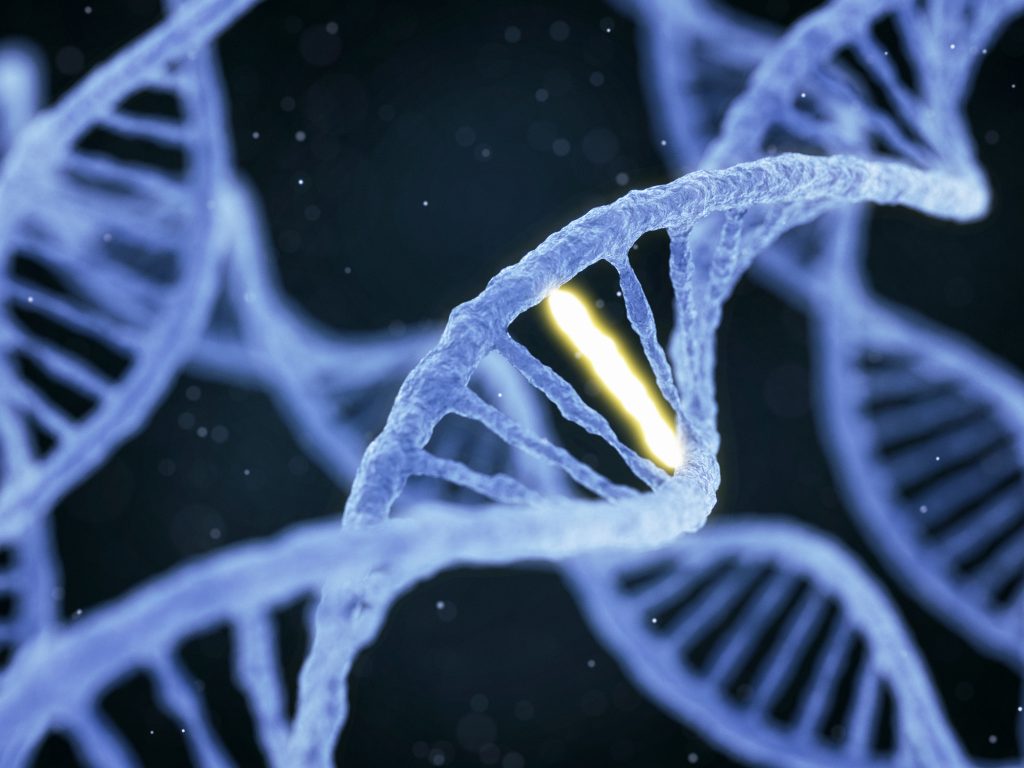Author: Shernide Delva
Each year, more than 300 million people are affected by depression. Depression is a debilitating illness that is difficult to treat.
What if there was one gene that played a key role in depression? Furthermore, what if that gene could be identified and even manipulated to actually treat depression?
Shockingly, this could all be a possibility. Researchers have discovered a gene that may play a central role in depression. This gene either protects us from stress or triggers a downward spiral depending on its level of activity.
The study was conducted by researchers at the University of Maryland School of Medicine (UM SOM). It was the first to pinpoint in detail how one particular gene, known as Slc6a15, is a key role in depression. The study found the same link in both animals and humans.
“This study really shines a light on how levels of this gene in these neurons affects mood,” said the senior author of the study, Mary Kay Lobo, an assistant professor in the Department of Anatomy and Neurobiology.
“It suggests that people with altered levels of this gene in certain brain regions may have a much higher risk for depression and other emotional disorders related to stress.”
Potential Treatment Solution?
A study like this could help with treating depression in the future, and that help is desperately needed.
Nearly 800,000 people die annually from suicide. It is the second leading cause of death among people between the ages of 15 to 29. Beyond that, depression destroys the quality of life for tens of millions of patients, and their families suffer too. Although environmental factors play a significant role in many cases of depression, genetics are equally as important.
This is not the first time this gene was studied. Back in 2006, Dr. Lobo and her colleagues found that the Slc6a15 gene was common in specific neurons in the brain. They recently demonstrated that these neurons were important in depression.
Connection to Anhedonia
Her lab decided to investigate the specific role these neurons have in depression. In the latest study, she and her team focused on a particular area of the brain called the nucleus accumbens. This region is crucial in the brain’s “reward circuit.”
When you eat a delicious meal or participate in any kind of enjoyable experience, neurons in the nucleus accumbens are activated letting you know the experience is enjoyable. When a person is depressed, it ‘s hard to experience any kind of enjoyment, a condition known as anhedonia.
Researchers discovered subset neurons in the nucleus accumbens called D2 neurons. These neurons respond to the neurotransmitter dopamine, which plays a central role in the reward circuit.
Mainly, these subset neurons responded to feel good chemicals like dopamine which is lacking in those with depression. Next, they studied mice susceptible to depression. These mice tended to withdraw from activities and exhibit behavior indicating depression such as social withdrawal and lack of interest in the food they would normally enjoy.
Dr. Lobo found that when the mice were subject to social stress, the levels of the Slc6a15 gene in the D2 neurons of the nucleus accumbens was noticeably reduced. The researchers also studied mice in which the gene had been reduced in D2 neurons. When those mice were subjected to stress, they also exhibited signs of depression. Furthermore, when researchers increased the levels of Slc6a15 levels in D2 neurons, the mice showed a resilient response to stress.
So what does this mean?
Next, Dr. Lobo looked at brains of humans who had a history of major depression and who had committed suicide. In the same region of the brain as the mice, the gene Slc6a15 was reduced. This indicates that the link between gene and behavior is found in both humans and mice.
In the future, manipulating these genes could help improve depression. While it is still unclear how Slc6a15 operates in the brain, Dr. Lobo states it may work by altering neurotransmitter levels in the brain.
This research could lead to therapies that focus specifically on this particular gene to treat depression. If you are struggling with substance abuse or mental illness, call now. Do not wait.
